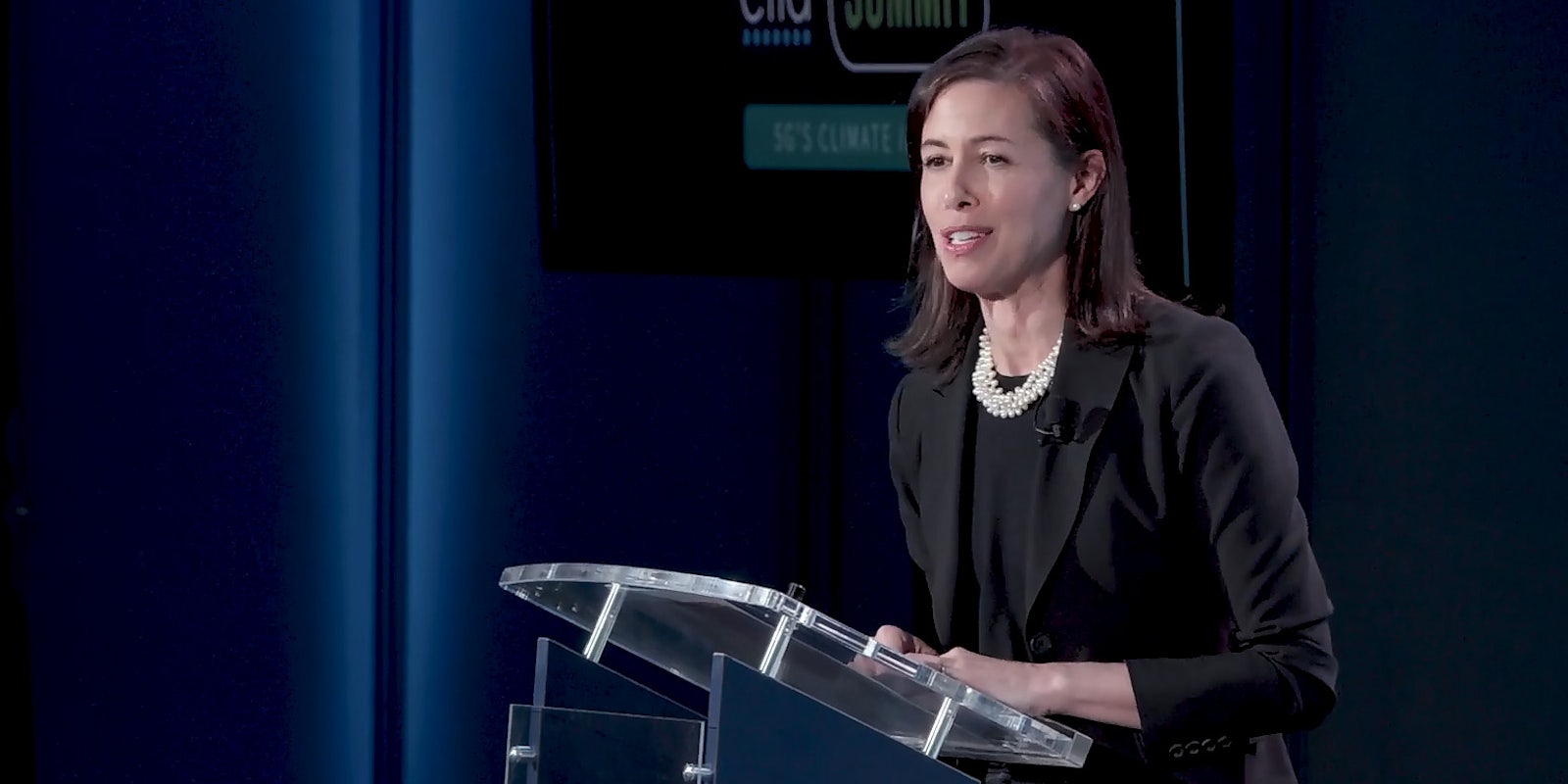The Federal Communications Commission (FCC) voted today along party lines to begin the process of reinstating net neutrality.
The 3-2 vote, supported by FCC Chairwoman Jessica Rosenworcel, Geoffrey Starks, and President Joe Biden’s new appointee Anna Gomez, is on a Notice of Proposed Rulemaking, which would reclassify net neutrality under Title II of the Communications Act, granting the government great authority in regulating the big telecom companies that control web traffic and access.
Net neutrality has been a source of constant fighting for nearly a decade, ever since the Obama administration instituted the rules in 2014. Those regulations allowed the FCC to prevent internet service providers from blocking or throttling content and promised fairer and freer access to the web as it became an integral tool in society.
But in 2017, President Donald Trump’s FCC repealed the rules, prompting a number of attempts by Congress to reinstate the regulations, all of which failed.
When President Joe Biden took office, the hope was his FCC would rapidly reinstate net neutrality, but the president dawdled on picking a fifth FCC commissioner. His first nominee, Gigi Sohn, languished in Congress and faced attacks from right-wingers vehemently opposed to her candidacy.
Just last month, over two-and-a-half years into his presidency, Biden was able to fully staff the FCC when Gomez cleared the Senate.
However, the reinstatement process isn’t nearly as swift as this initial vote. Now that the proposed policy has passed, the FCC will open it open to public comment. The last time the FCC did that, in 2017, the process was beset by bots and spam who pushed support for the repeal, despite it being widely unpopular. After reviewing public comment, the FCC votes on an official policy.
Given the length of the process, concern exists that the Biden FCC won’t have enough time to finish the reinstatement prior to the 2024 election. If Republicans retake the White House, they will regain a majority on the Commission and could halt any efforts.
In a statement about the vote, Rosenworcel laid out the case for reinstating the rules.
“The internet needs to be open. That is why for as long as I have served on the FCC, I have supported net neutrality. But in 2017, despite overwhelming opposition, the FCC repealed net neutrality and stepped away from its Title II authority over broadband. This decision put the agency on the wrong side of history, the wrong side of the law, and the wrong side of the American public,” she said.
“Today, we begin a process to make this right. We propose to reinstate enforceable, bright-line rules to prevent blocking, throttling, and paid prioritization,” Rosenworcel added. “They would ensure that the internet remains open and a haven for creating without permission, building community beyond geography, and organizing without physical constraints.”



